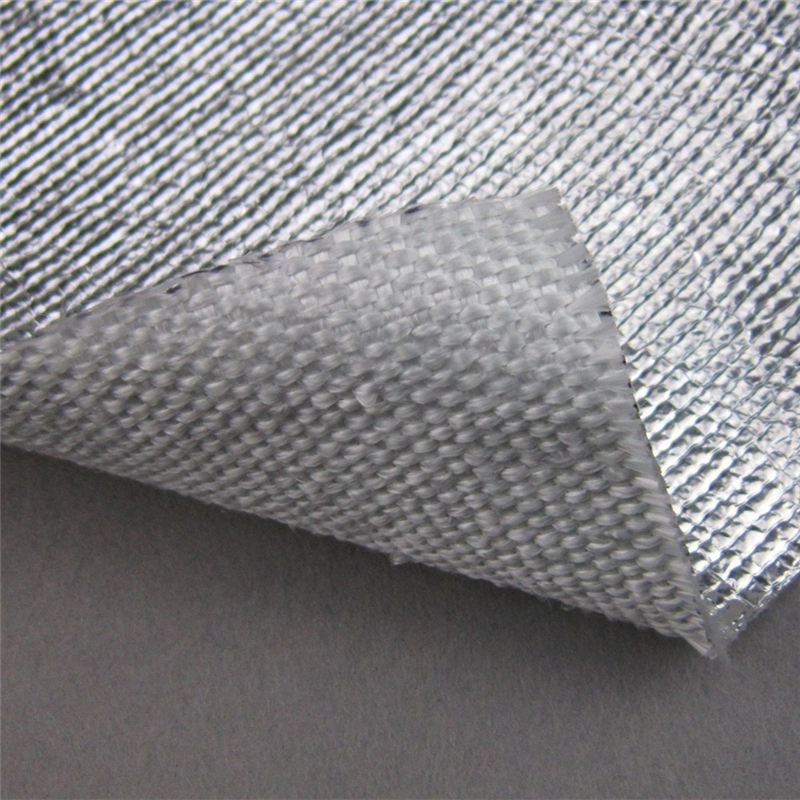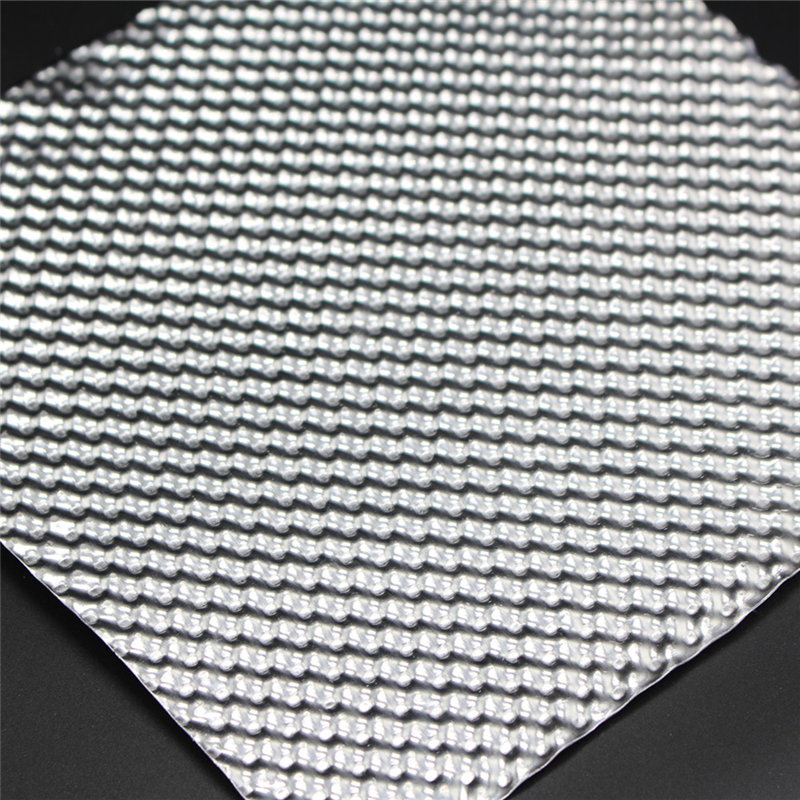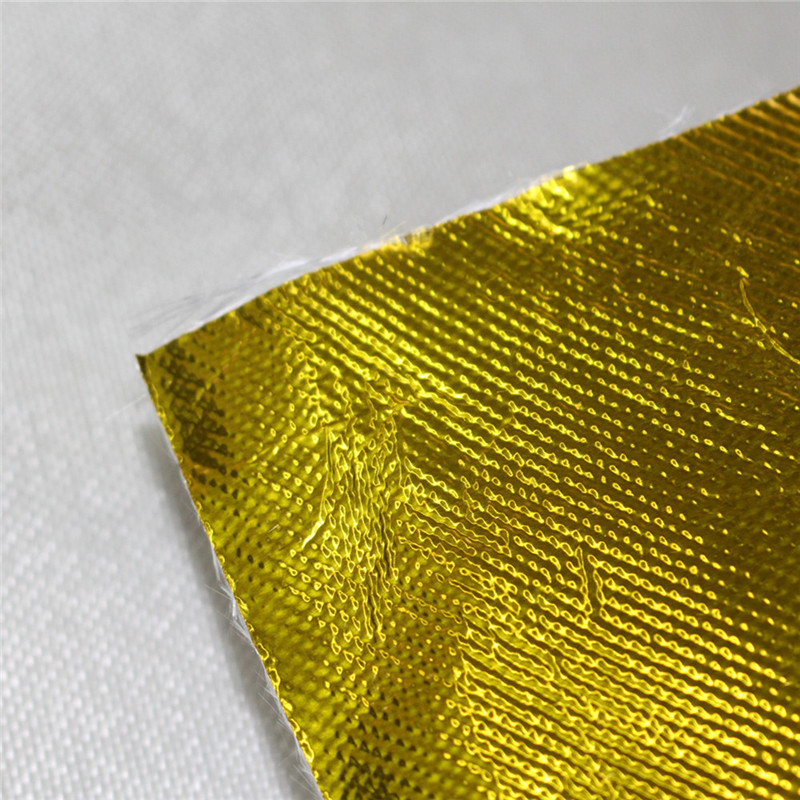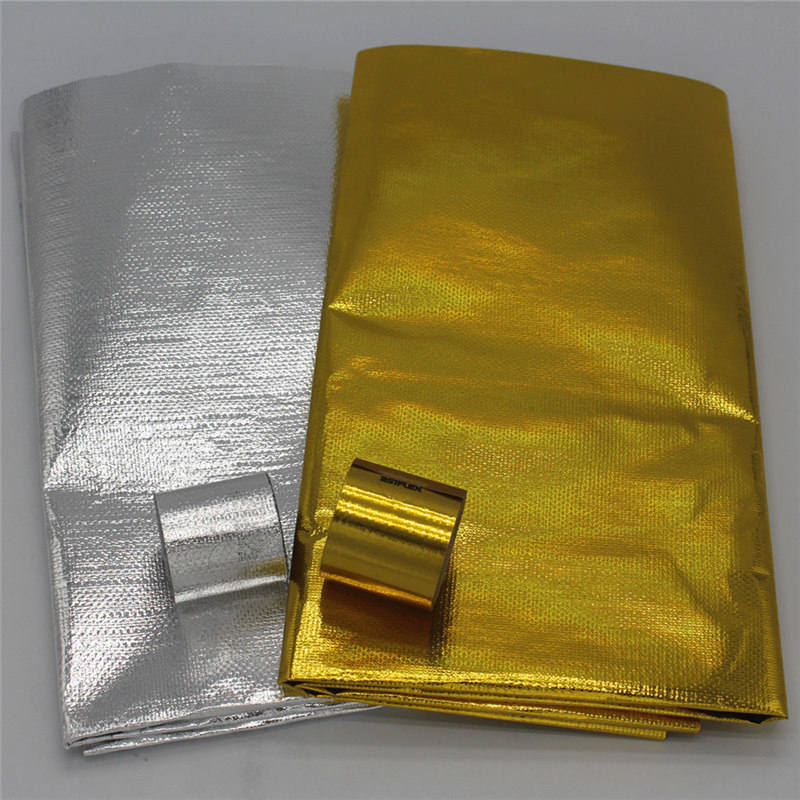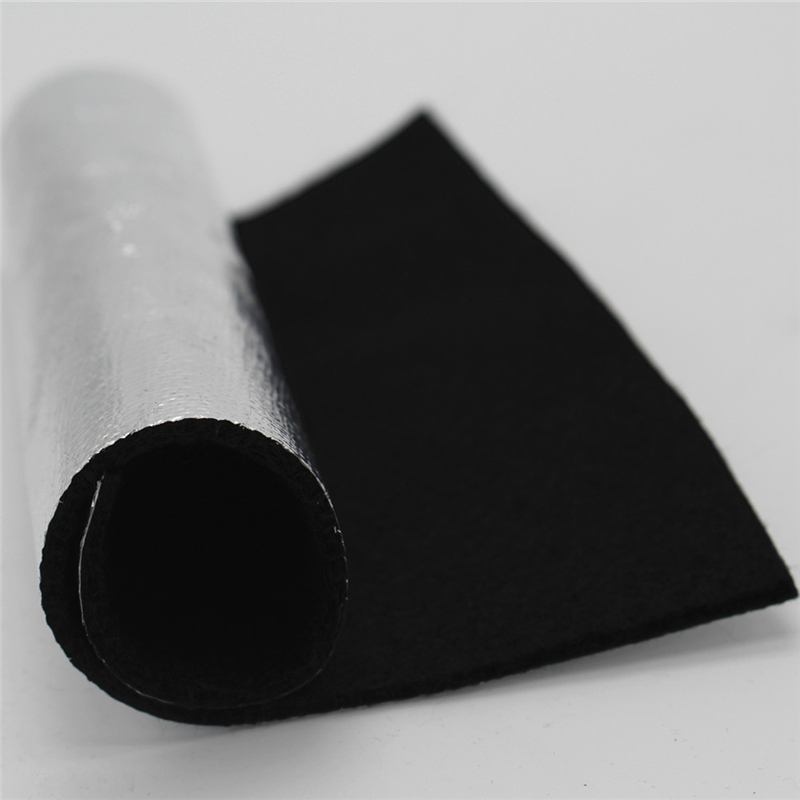A heat shield barrier is a protective component used in various applications, including automotive engineering, to protect components from excessive heat. In cars, heat shields serve several important purposes:
Protecting Components: Car engines and exhaust systems generate a lot of heat. Heat shields help protect surrounding components such as wiring, fuel lines, and other parts that could be damaged by high temperatures.
Improving Performance: By preventing heat from affecting sensitive components, heat shields help maintain the performance and longevity of the vehicle. Excessive heat can cause components to wear out faster or fail.
Enhancing Safety: High temperatures can pose a safety risk, potentially leading to fires or causing flammable materials to ignite. Heat shields reduce this risk by keeping temperatures in check.
Improving Comfort: Heat shields can also help in improving passenger comfort by reducing the amount of heat that enters the cabin, especially from areas like the exhaust system and the engine bay.
Increasing Fuel Efficiency: By managing heat effectively, heat shields can contribute to the overall efficiency of the engine, which can lead to better fuel economy.
Using heat shield barriers in cars is essential for maintaining the vehicle's integrity, safety, and performance.
